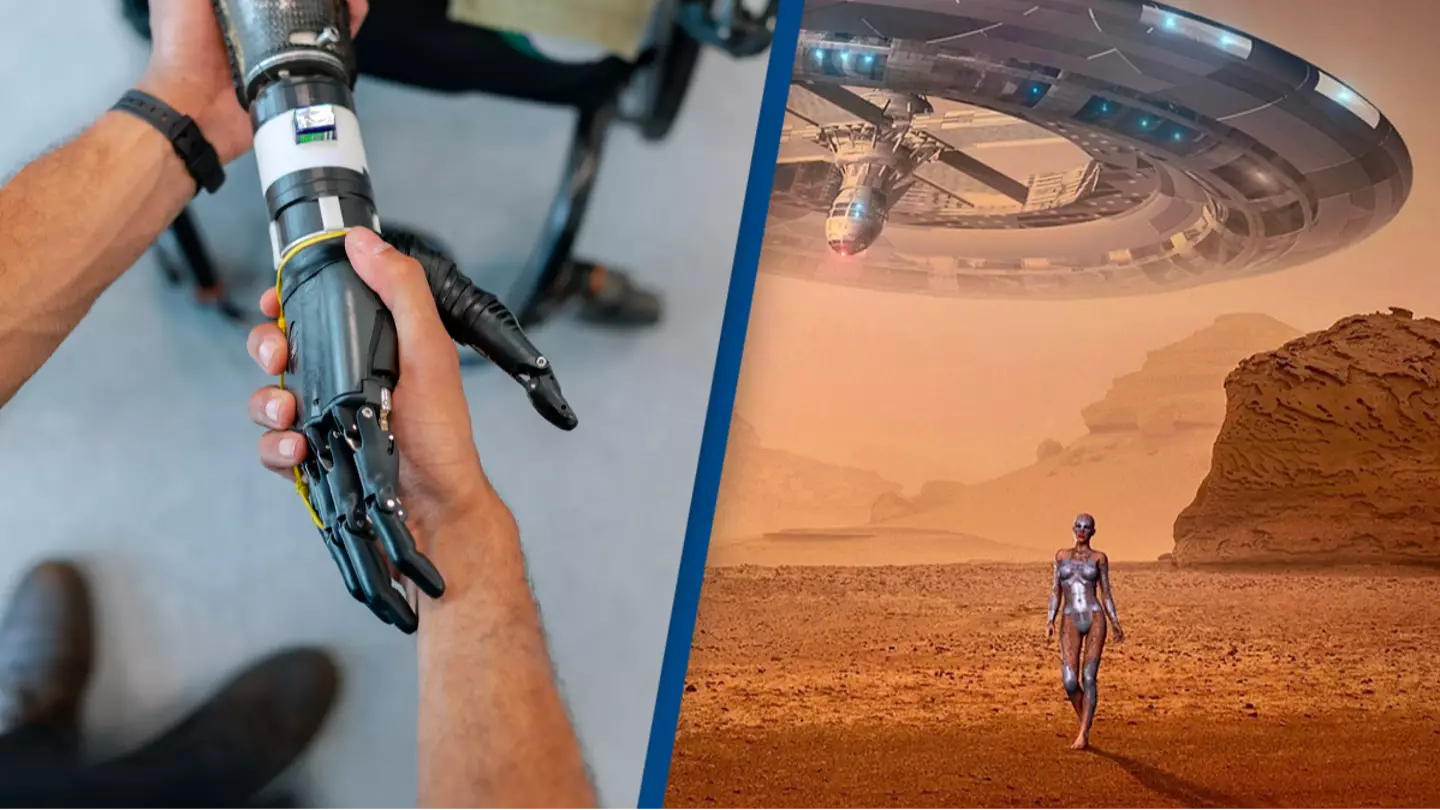
AI has predicted the most life-changing inventions that will happen over the next 50 years, including everything from computing to agriculture.
With the rate technology is going at the moment, it’s hard to predict what the next year will look like - let alone the next five decades.
But while it’s easy to feel daunted by the rise of the machines, there are many aspects of artificial intelligence that could work in our favour down the line.
We asked OpenAI’s artificial intelligence chatbot ChatGPT to make a prediction about the most life-changing inventions that will happen over the next 50 years, and the results were pretty astounding – and no, it’s not just advances in robotics, although that is in there...
Advert
“Predicting the exact future inventions and technologies over the next 50 years is highly speculative, as it involves numerous variables and uncertainties,” the chatbot told us.
“However, based on current trends and emerging fields, here are some potential life-changing inventions and technologies that could have a significant impact in the coming decades.”
Advanced Artificial Intelligence (AI)
AI is expected to continue evolving, leading to breakthroughs in areas such as natural language processing, computer vision, and machine learning. This could revolutionize industries ranging from healthcare and transportation to entertainment and education.

Quantum Computing
Quantum computers have the potential to solve complex problems much faster than classical computers. As research progresses, we may witness breakthroughs in cryptography, optimization, drug discovery, and material science.
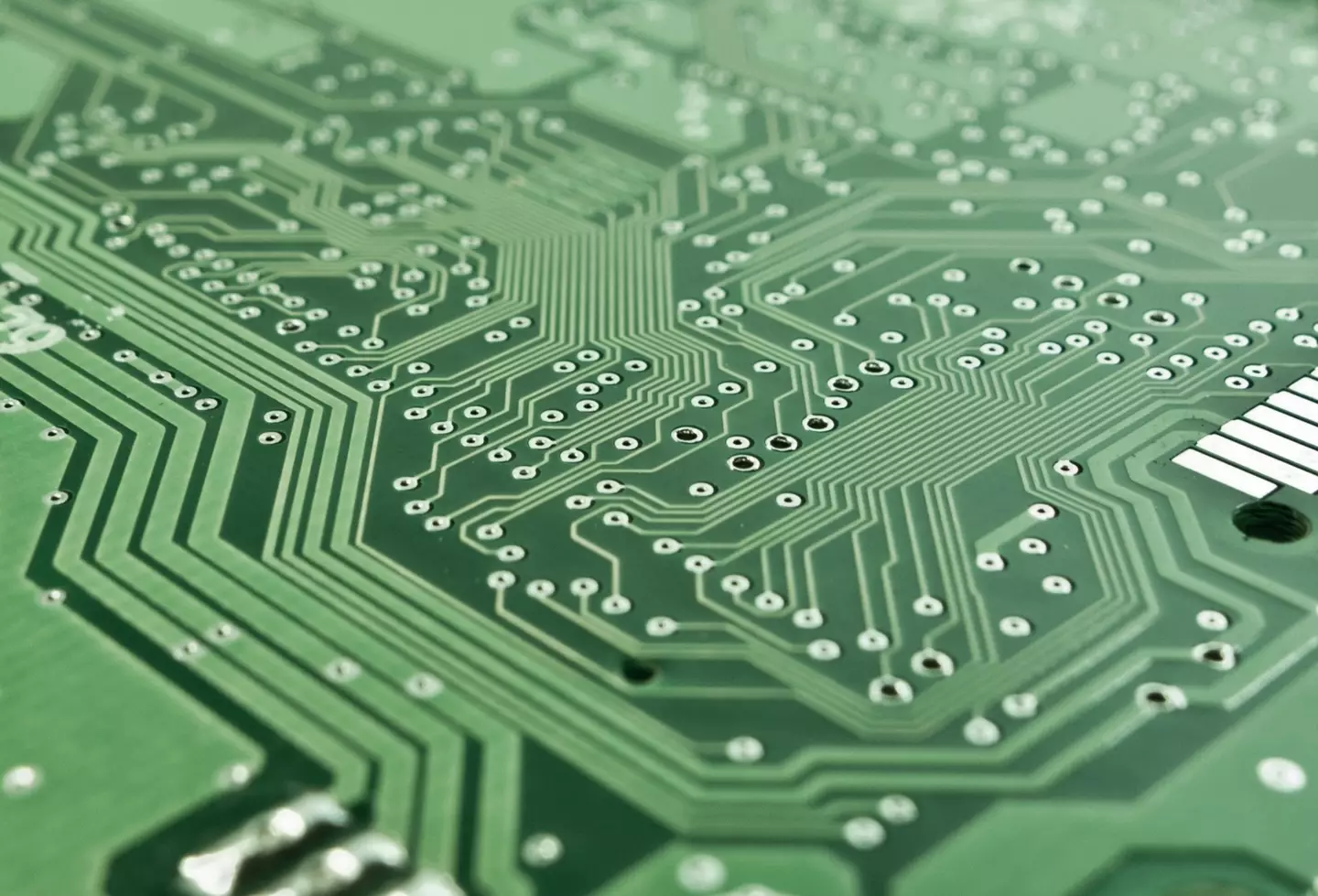
Renewable Energy Innovations
With the growing concern for climate change, there will likely be a significant focus on renewable energy sources. Advancements in solar, wind, and energy storage technologies can lead to a more sustainable and cleaner future.
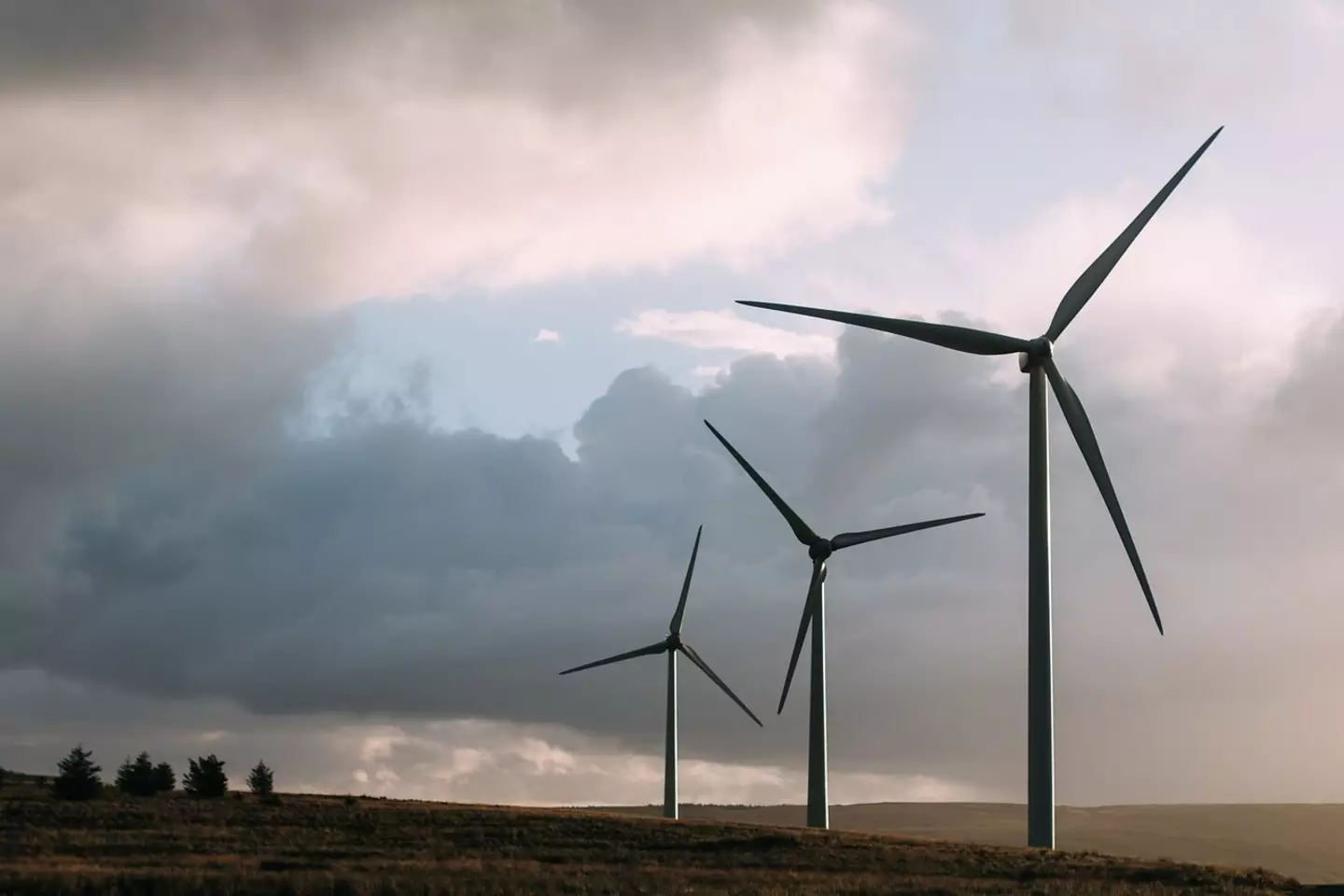
Genetic Engineering and Personalized Medicine
Advances in gene editing technologies like CRISPR-Cas9 could revolutionize healthcare. Personalized medicine based on an individual's genetic makeup may become more common, allowing for more targeted treatments and improved disease prevention.

Space Exploration and Colonization
With private space companies gaining momentum, there could be increased efforts to explore and colonize other celestial bodies like Mars. This could pave the way for new scientific discoveries, resource utilization, and the potential for multi-planetary societies.
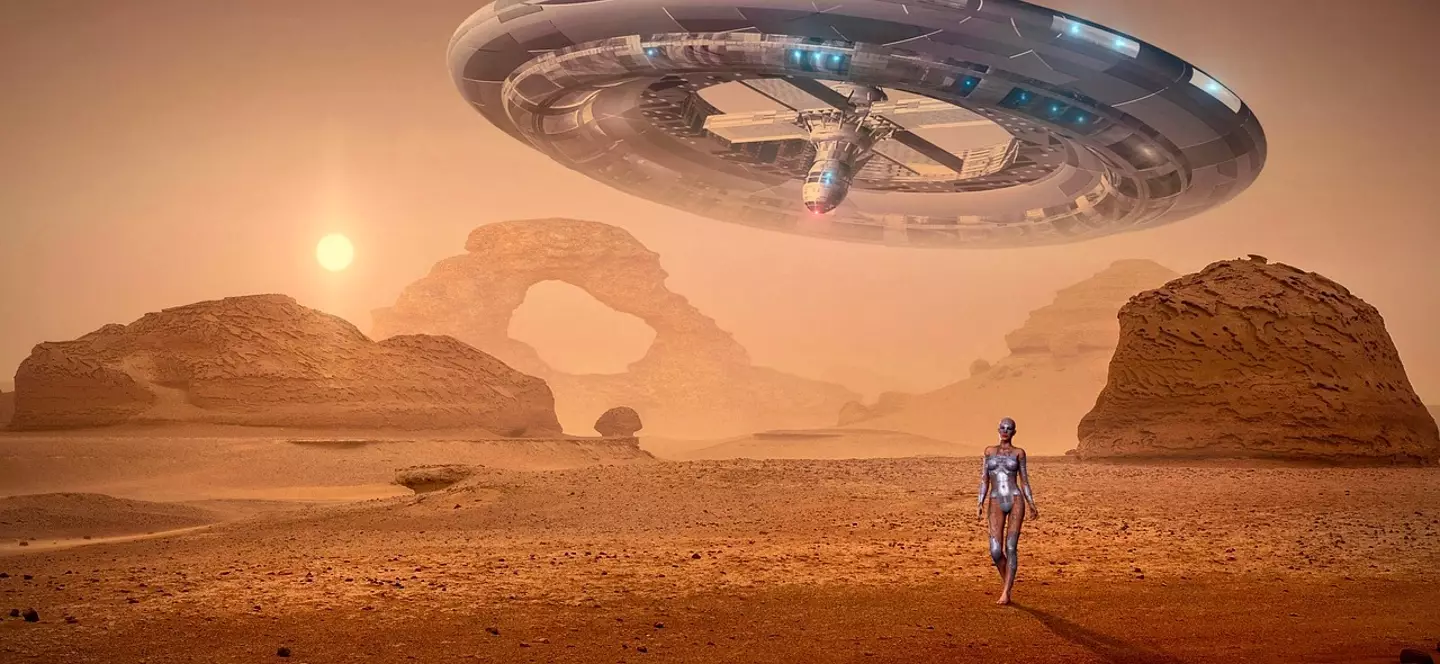
Brain-Computer Interfaces (BCIs)
BCIs could enable direct communication between the human brain and machines, leading to advancements in prosthetics, virtual reality, and even the potential for enhancing cognitive abilities.
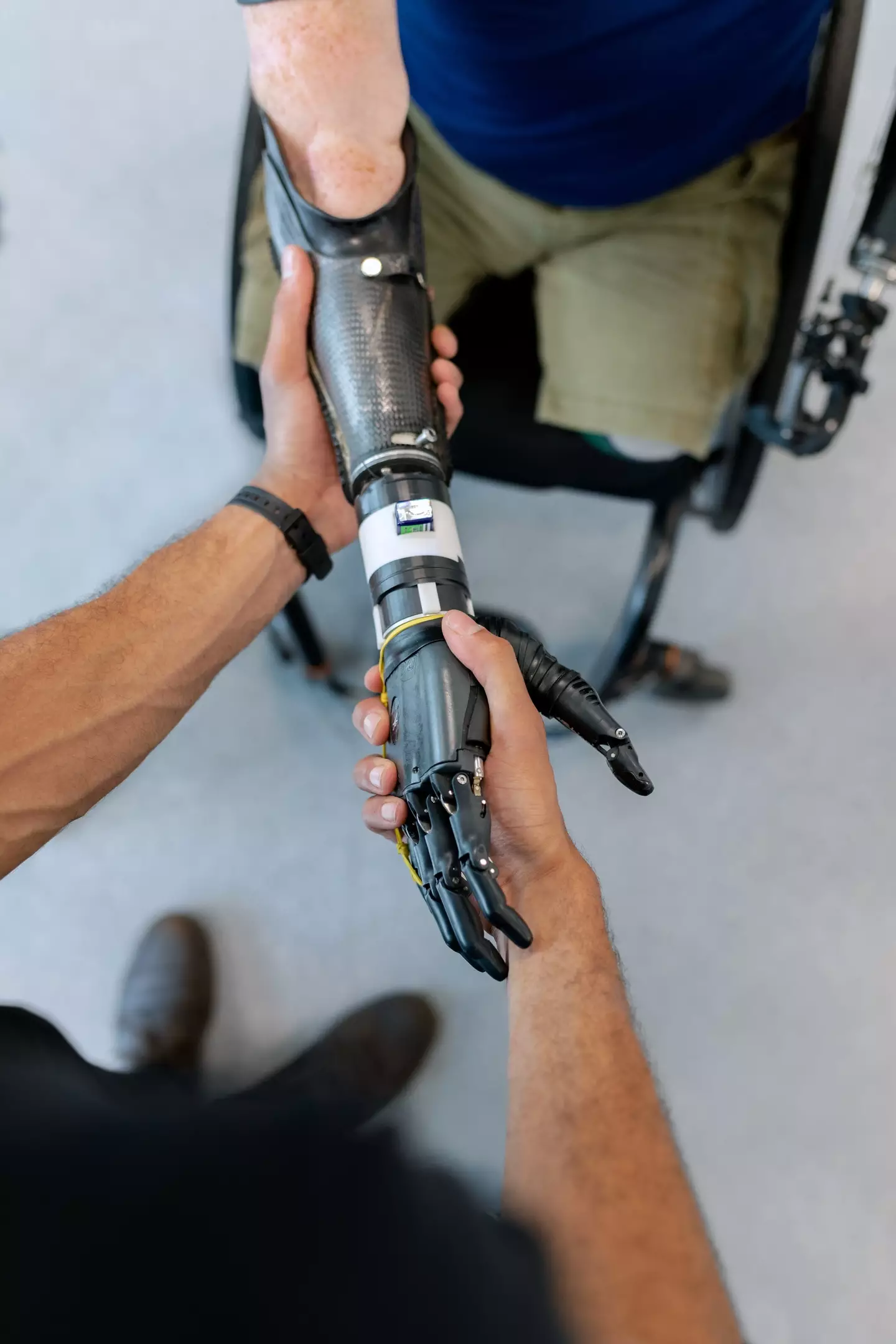
Internet of Things (IoT) Advancements
The IoT will likely continue to expand, connecting various devices and systems, leading to improved automation, efficiency, and connectivity in areas such as smart cities, transportation, and healthcare.

Augmented Reality (AR) and Virtual Reality (VR)
AR and VR technologies are expected to advance significantly, transforming how we interact with digital content, entertainment, and education. These technologies could also have applications in training, therapy, and remote collaboration.
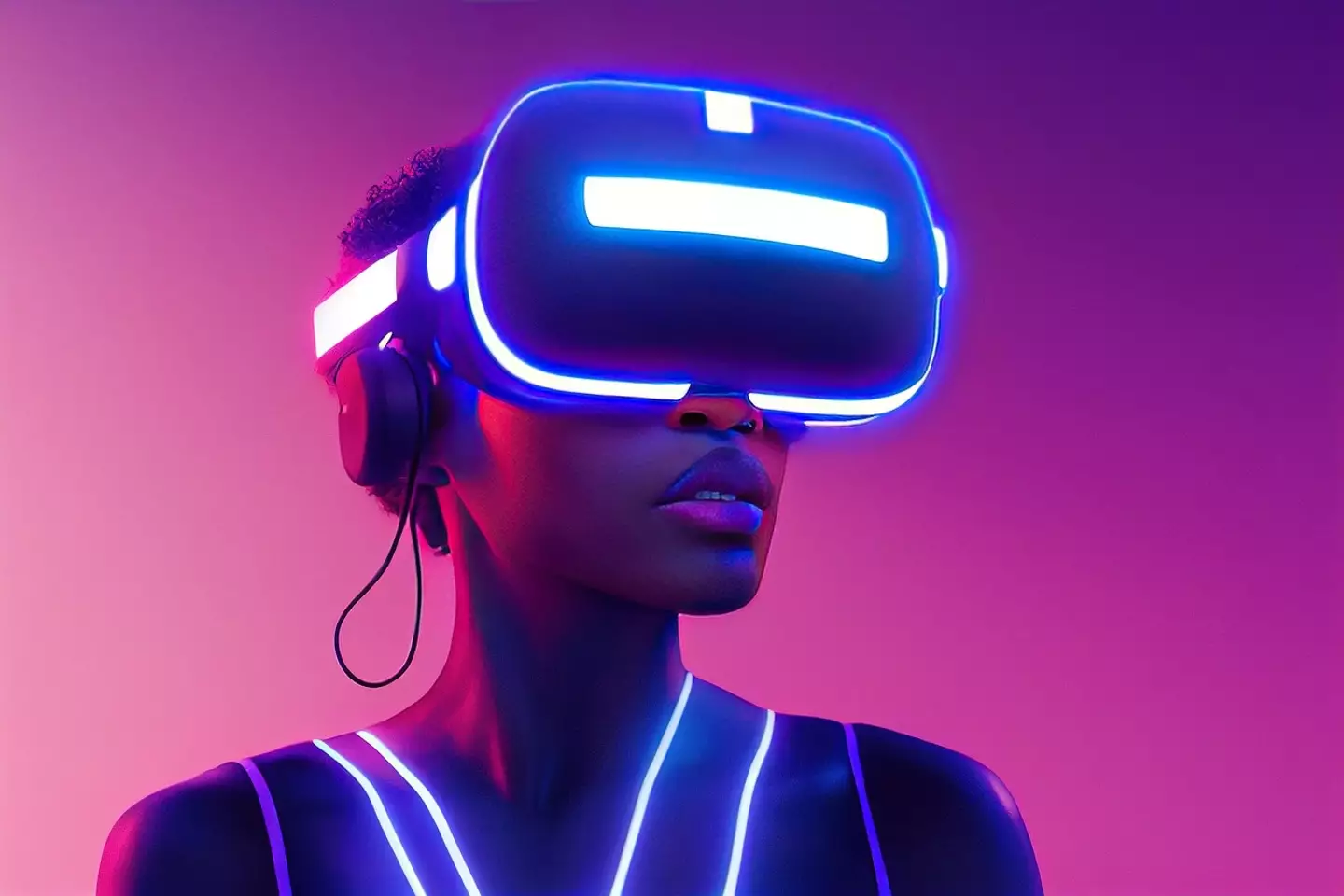
Advanced Robotics
Robotics and automation will continue to advance, leading to improved capabilities in areas such as manufacturing, healthcare, agriculture, and exploration. Collaborative robots, exoskeletons, and autonomous vehicles are just a few examples.

Sustainable Agriculture and Food Production
To address the growing global population and environmental challenges, there will likely be increased focus on sustainable farming practices, vertical farming, lab-grown meat, and innovative food production technologies.
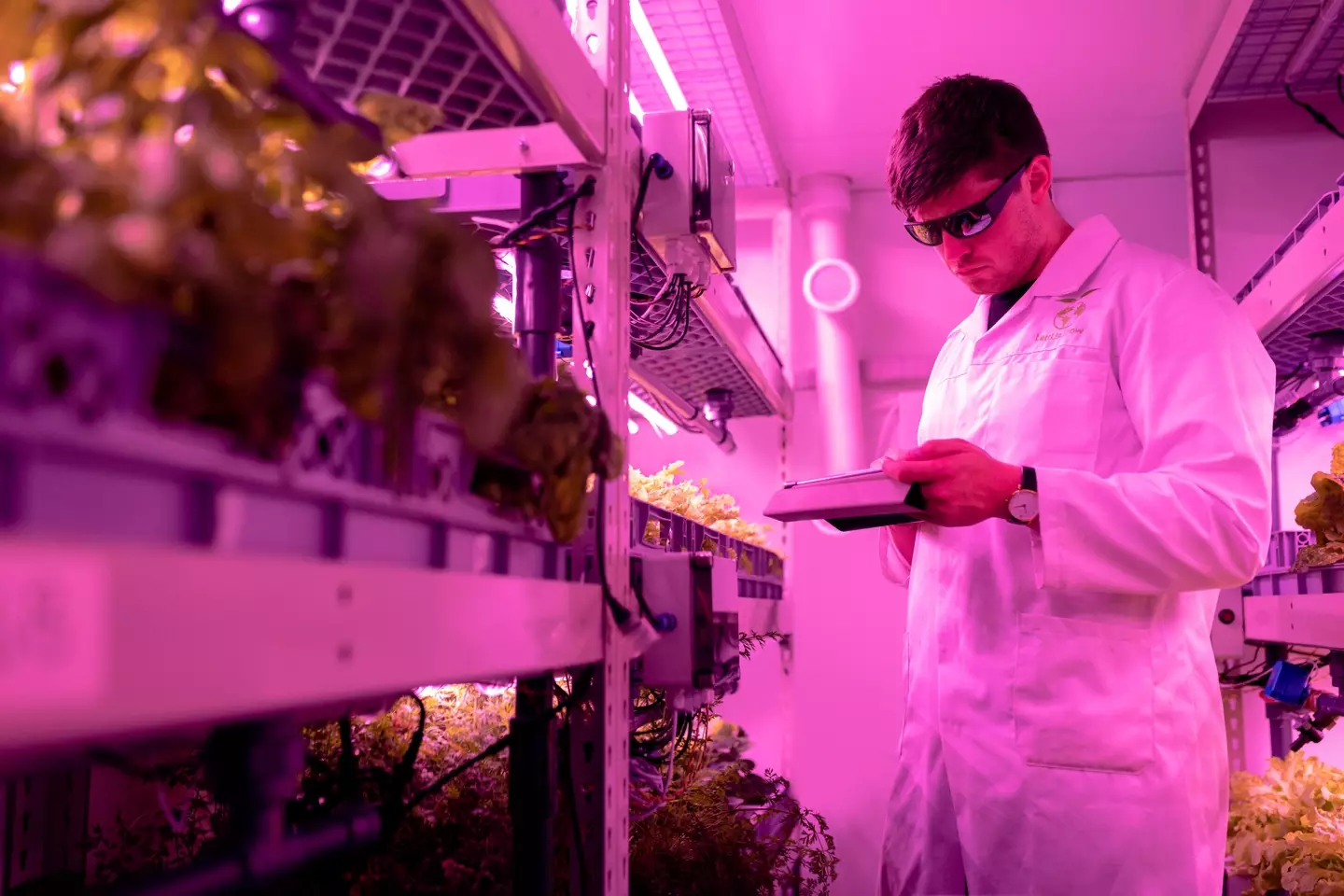
However, ChatGPT warned that the predictions were just that, and were dependent on a number of factors over the next half-century.
“It's important to note that these predictions are speculative and subject to change based on various factors such as scientific discoveries, societal needs, economic conditions, and unforeseen breakthroughs,” the chatbot added.
“The future is full of possibilities, and it's exciting to see what inventions and technologies will shape our lives in the next 50 years.”
Topics: Artificial Intelligence, Technology, Space